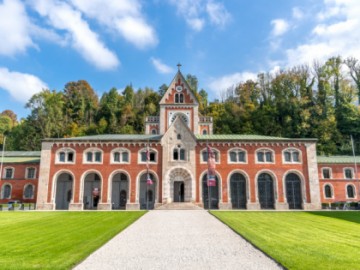Bad Reihenhall: Alps, salt, and chocolate
An old saltern and salt mine, open air classical concerts and coffee with Mozartkugel – famous round candies produced by “Reber” – this is Bad Reihenhall for you. A spa at the foot of Bavarian Alps on the banks of Saalach river attracts with a developed infrastructure: numerous spa-complexes, unique saltworks for inhalation of salt water in the open air, drinking fountains, a beautiful park and equipped pedestrian passes in the vicinity for Nordic walking.
Cafes, bars and restaurants in Bad Reihenhall
See all
Restaurants

Seewirt am Thumsee
Restaurant
+49 8651 7688210
Payment methods:

B 306 in der Klosterklause
Steak House
+49 170 2485813
Payment methods:

Brauereigasthof Bürgerbräu
Restaurant • Biergarten • Hotel
+49 8651 6089
Payment methods:

Hunn's
Restaurant • Biergarten • Catering
+49 8651 9059861
Payment methods:
All sights in Bad ReihenhallSee all
Landmarks in the city Bad Reihenhall
Nearby
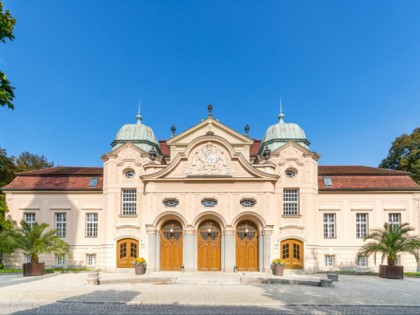
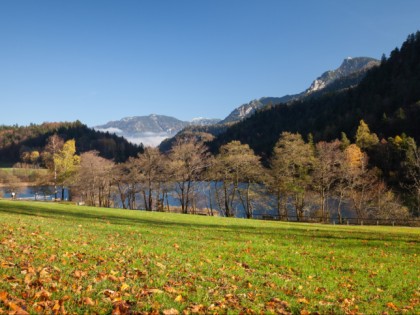
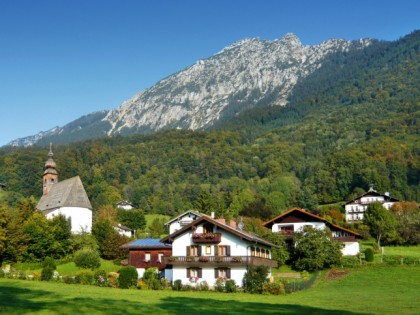
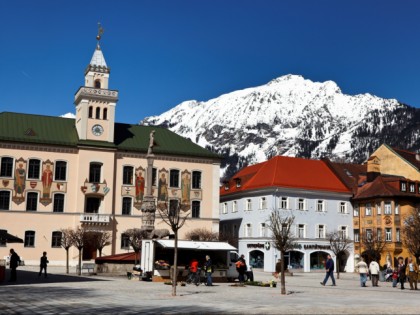
 Parks and recreation
Parks and recreation
 Museums and Exhibitions
Museums and Exhibitions
 Other places
Other places

